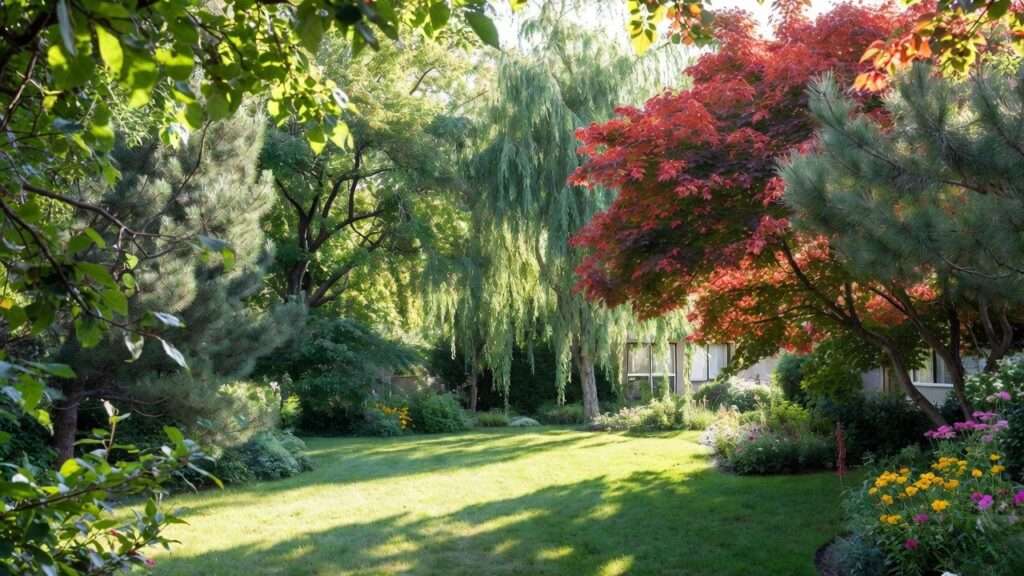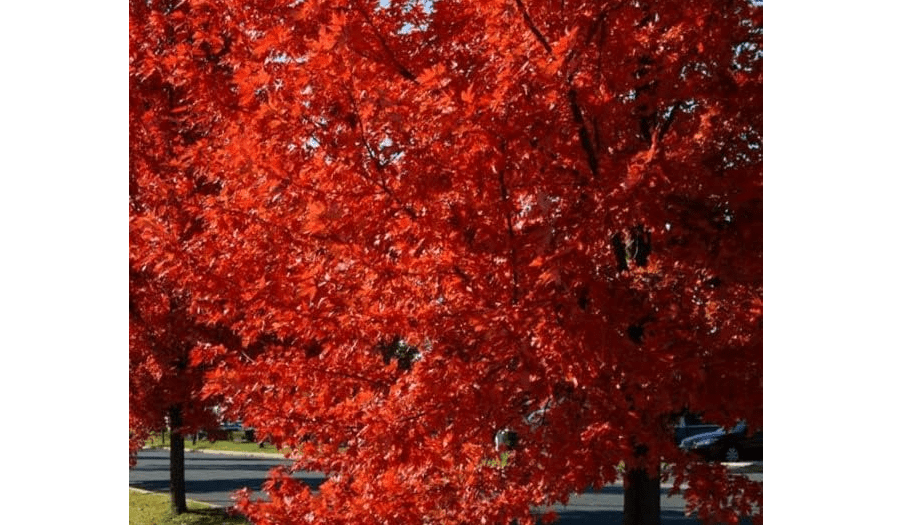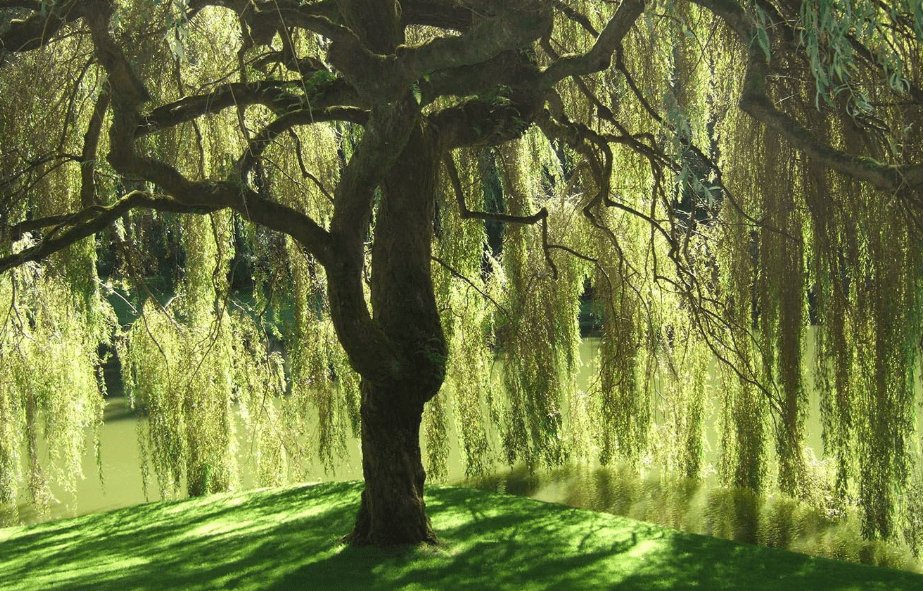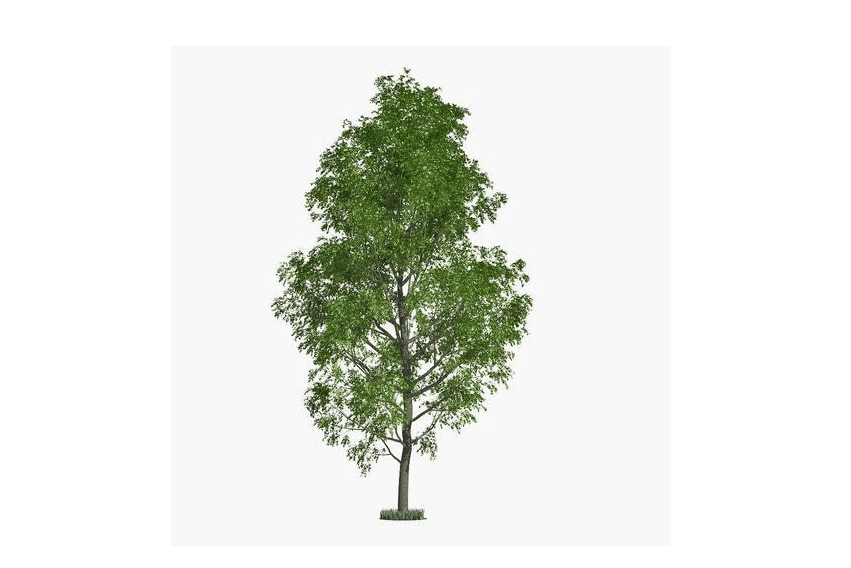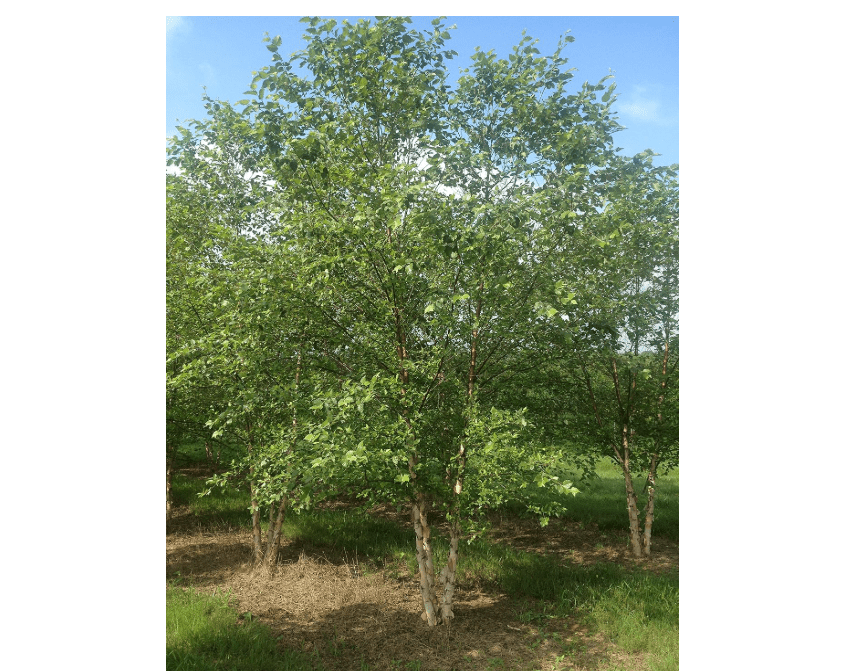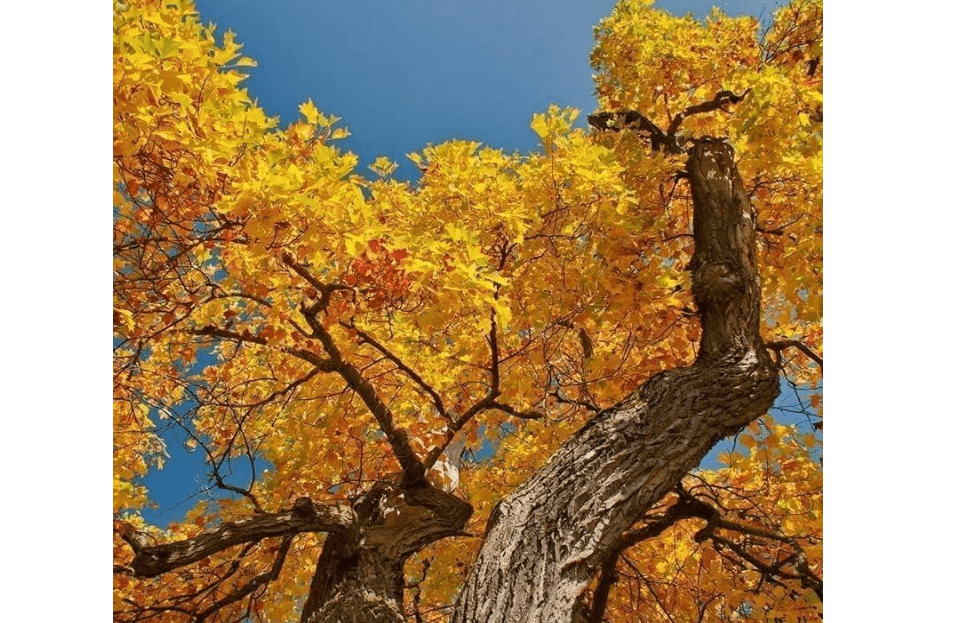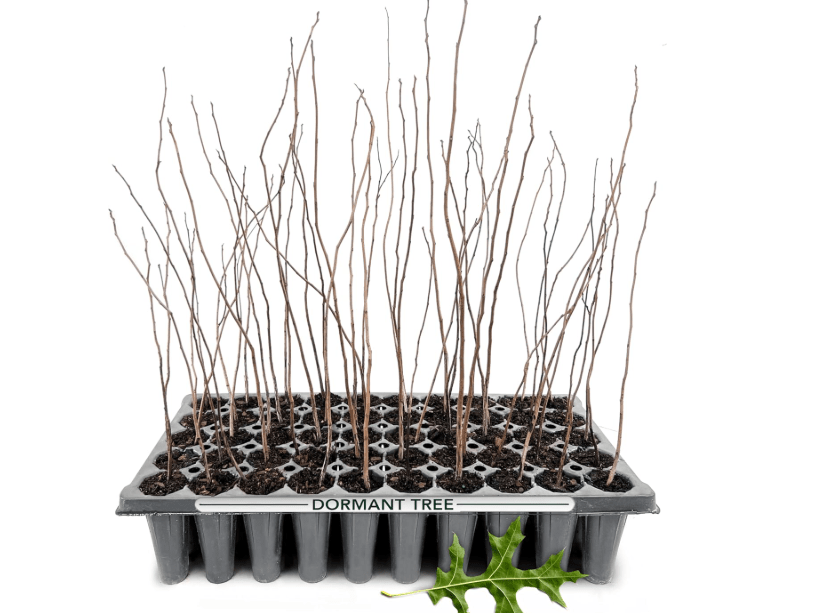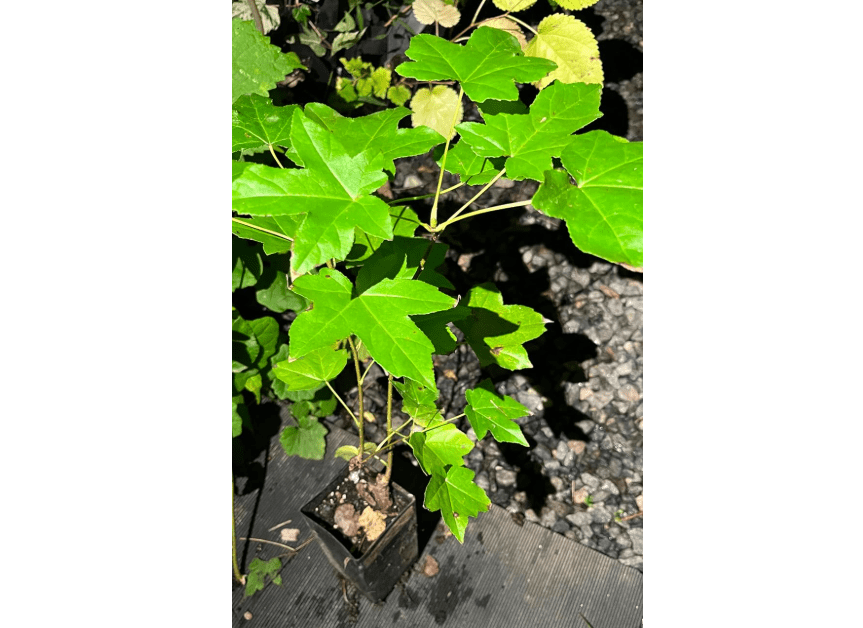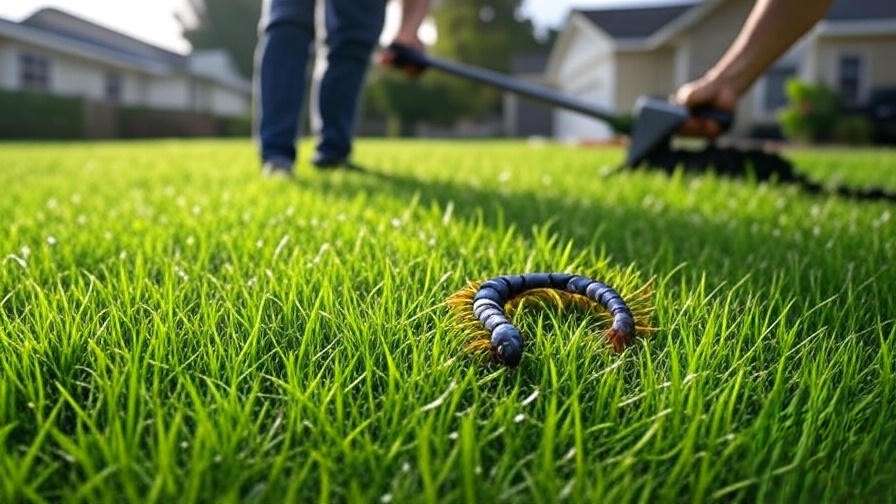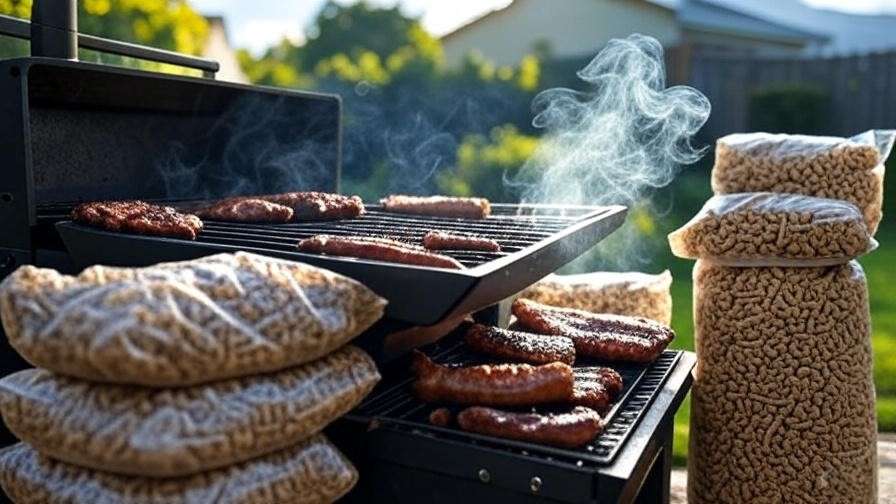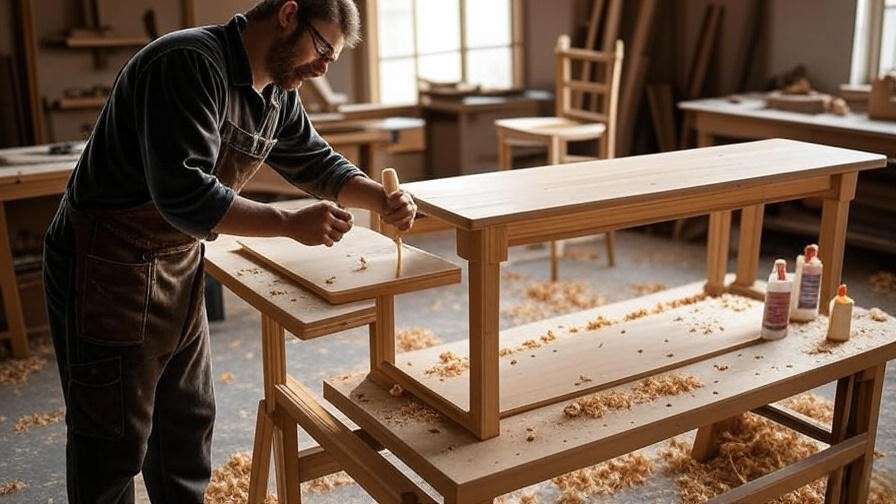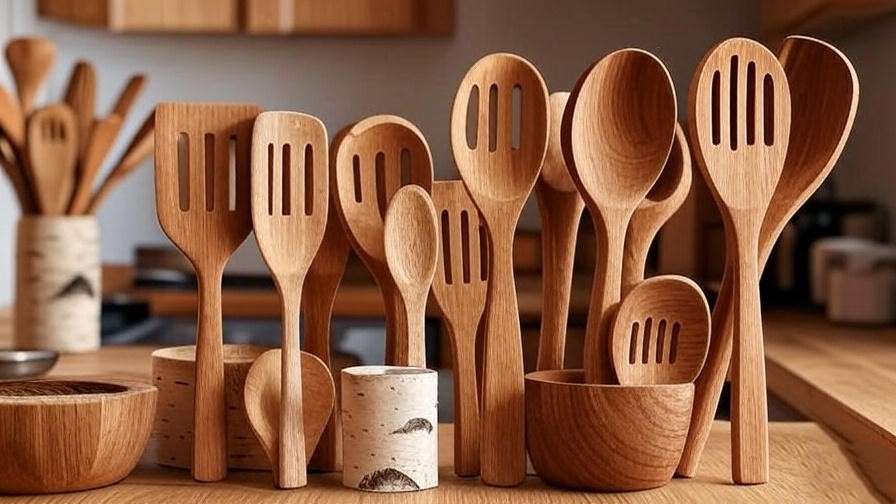Imagine walking out your back door on a 95°F July afternoon only to be blasted by blinding sunlight and heat radiating off your siding and patio. Your AC kicks into overdrive, your energy bill skyrockets, and your yard feels more like a frying pan than a sanctuary. If this sounds familiar, you’re part of the millions of homeowners searching for the best 10 shade trees to plant near house right now—and you’ve landed on the definitive 2025 guide.
The Problem and Promise of Shade
Planting the right shade tree 15–20 feet from your home isn’t just landscaping; it’s one of the smartest home upgrades you can make. A single mature tree can lower surrounding air temperatures by up to 10°F, block up to 56% of solar heat gain, and slash cooling costs by 20–30% (U.S. Department of Energy & USDA Forest Service). Done correctly, it also adds instant privacy, boosts curb appeal, and can increase your property value by thousands.
But choose poorly—think invasive roots, brittle branches, or slow growth—and you’ll regret it for decades.
Why Trust This Guide?
We’ve gone full Wirecutter-style deep: analyzing 2025 Amazon best-sellers, thousands of verified customer reviews, growth-rate data from university extension services, and real-world performance across USDA zones 4–9. We filtered out the messy, weak, or foundation-cracking offenders (goodbye, silver maple and Bradford pear) and zeroed in on the proven, fast-growing, house-safe champions that deliver dense shade, low maintenance, and maximum ROI.
By the time you finish this skyscraper resource—the most comprehensive best 10 shade trees to plant near house roundup online—you’ll know exactly which tree fits your yard, budget, and timeline… and you’ll have direct Amazon links to get it delivered this week. Let’s turn that sun-baked yard into the cool, private oasis you deserve.
Why Plant Shade Trees Near Your House? Key Benefits and Buyer Considerations
A strategically placed shade tree is one of the few home improvements that literally pays you back every summer:
- Energy savings: 20–30% lower cooling bills (DOE)
- Privacy: Natural living screen from neighbors and streets
- Property value: Mature trees add $1,000–$10,000+ to resale price
- Mental health: Reduced heat stress + birdsong = happier backyard time
- Eco-impact: Filters air, sequesters carbon, supports pollinators
Quick Buyer Checklist Before You Order
- USDA Zone: Most picks here thrive in zones 4–9 (covers 80%+ of U.S. homes)
- Space available: Allow 15–30 ft from foundation/septic; 20–50 ft mature spread
- Sun: 6+ hours daily for fastest growth
- Soil: Well-drained preferred; amend heavy clay with compost
- Time to shade: 3–10 years depending on species and starting size
- Budget: $20–$100 per tree on Amazon (way cheaper than big-box nurseries)
Pro tip: Fall (Sept–Nov) is the absolute best time to plant—roots establish all winter while the tree is dormant.
How We Chose the Best 10 Shade Trees to Plant Near House
We analyzed:
- Amazon 2025 sales rank & verified purchase reviews (minimum 300 reviews, 4.3+ stars)
- Growth rate data from Arbor Day Foundation, university extensions, and forestry services
- Root invasiveness ratings (to keep your foundation and pipes safe)
- Disease/pest resistance in real neighborhoods
- Customer photos and long-term updates (2023–2025 plantings)
We eliminated popular but problematic trees (Bradford pear, silver maple, mimosa, cottonwood, etc.) and kept only the proven winners that give you dense, house-friendly shade without drama.
Detailed Reviews: The Top 10 Shade Trees
1. Autumn Blaze Red Maple (Acer × freemanii ‘Jeffersred’)
Current Amazon Price: $55.95
The Autumn Blaze is the gold standard when homeowners want the best shade tree to plant near house that checks every box: lightning-fast growth, brilliant fall color, and non-invasive roots. This hybrid of red and silver maple inherited the best traits from both parents—gorgeous fiery red-orange foliage in fall, 3–5 feet of growth per year, and a strong branch structure that laughs at ice storms.
You’ll get usable patio shade in just 4–6 years. It naturally forms an upright oval shape, so it won’t crowd your roofline. Customers repeatedly say it’s “the perfect house tree” because the root system stays polite (plant 15–20 ft away and you’re golden).
Key Benefits
- Blazes red for 3–4 weeks every fall
- Tolerates clay, drought, and urban pollution
- Very few seeds = almost no cleanup
Pros
- Fastest colorful shade tree on the list
- Strong wood resists splitting
- Adapts to wet or dry soils once established
Cons
- Moderate leaf drop in autumn (normal for any maple)
- Needs weekly watering first season
Who Should Buy It Families who want quick, beautiful shade plus curb-appeal fireworks. Ideal for zones 3–8.
2. Weeping Willow (Salix babylonica) – Fastest Drama
Current Amazon Price: $43.95
If you need shade yesterday and love romantic, sweeping branches that dance in the breeze, the weeping willow is unmatched. It’s the single fastest-growing tree on this list—6–8+ feet per year is common—and creates a living curtain that can screen an entire backyard in 3–5 years.
Important caveat: Willows are thirsty and have wide-ranging roots. Plant at least 50 feet from house, septic, and water lines. Perfect for large lots near ponds or low spots.
Key Benefits
- Creates a storybook backyard in record time
- Extremely dense summer shade
- Thrives in wet soil where other trees struggle
Pros
- Unbeatable growth speed
- Graceful movement and sound
Cons
- Roots seek water aggressively
- Drops small twigs in wind
Who Should Buy It Homeowners with big, moist yards who prioritize speed and beauty over proximity to the house.
3. Hybrid Poplar (Populus deltoides × nigra) – Budget Privacy King
Current Amazon Price: $13.99
If your goal is a tall, living privacy wall in the shortest possible time and on the smallest budget, hybrid poplar is unbeatable. Customers routinely report 6–10 feet of new growth in a single season. Plant a row 8–10 ft apart and you’ll have a 40–50 ft green screen in 4–6 years.
Key Benefits
- Cheapest way to get massive shade and privacy fast
- Excellent windbreak and noise reducer
- Tolerates poor, compacted, or slightly salty soil
Pros
- Often roots from simple cuttings in water
- Extremely inexpensive per foot of height
- Straight trunk, uniform look
Cons
- Lifespan only 25–40 years
- Produces cottony seeds (female trees) – buy male clones when possible
- Not a “forever” tree
Who Should Buy It New homeowners, suburban lots needing quick neighbor screening, or anyone on a tight budget who wants shade now and plans to replace later with slower natives.
4. River Birch (Betula nigra) – Multi-Trunk Beauty
Current Amazon Price: $59.99
River birch is the shade tree that keeps giving all year: shimmering triangular leaves, cinnamon-peach exfoliating bark that glows in winter, and a graceful, slightly weeping form. Unlike other birches, it laughs at heat, humidity, and heavy clay.
Key Benefits
- Stunning 12-month interest (best bark on the list)
- Naturally resistant to bronze birch borer
- Loves wet feet but tolerates normal soils
Pros
- Multi-stem form gives instant fullness
- Light, dappled shade perfect over patios
- Minimal leaf litter compared to other birches
Cons
- Can get minor leaf spot in very humid summers
- Slightly higher price
Who Should Buy It Anyone who wants an elegant, low-maintenance focal-point tree near the house (safe at 15–20 ft) with year-round beauty. Zones 4–9.
5. Tulip Poplar (Liriodendron tulipifera) – Towering Native Giant
Current Amazon Price: $19.99
Also called yellow poplar, this straight-trunked native rockets upward with unique tulip-shaped leaves and (on mature trees) large greenish-orange flowers that bees adore. It’s one of the tallest eastern hardwoods and creates cathedral-like shade.
Key Benefits
- Straight, clean trunk – easy to mow under
- Gorgeous golden fall color
- Deep, non-invasive roots
Pros
- Excellent timber value decades from now
- Very storm-resistant once established
- Attracts pollinators and hummingbirds
Cons
- Needs space (90+ ft tall, 40–50 ft wide)
- Brittle in ice storms when young
Who Should Buy It Large-lot owners who want a majestic, long-term native shade provider. Plant 20–30 ft from the house.
6. Northern Red Oak (Quercus rubra) – Legacy Tree
Current Amazon Price: $62.99
The red oak is the “plant it for your grandkids” tree that also gives you usable shade in your lifetime. It’s the longest-lived, toughest, most wildlife-friendly oak that’s safe near homes.
Key Benefits
- 200–300 year lifespan
- Rich red fall color
- Supports 500+ species of caterpillars and birds
Pros
- Deep taproot = zero foundation worries
- Tolerates city conditions and drought
- Acorns beloved by deer and turkeys
Cons
- Slower first 5 years (then accelerates)
- Acorn drop in fall
Who Should Buy It Eco-minded families planting a true legacy tree they’ll enjoy for decades. Safe at 15 ft from house.
Mobile-Friendly Comparison Table (3 columns for perfect phone viewing)
| Tree | Growth Speed / Year | Approx. Amazon Price | Best For |
|---|---|---|---|
| Autumn Blaze Maple | Very Fast (3–5 ft) | $55.95 | Color + fast house-safe shade |
| Weeping Willow | Fastest (6–8+ ft) | $43.95 | Large lots, dramatic look |
| Hybrid Poplar | Fastest (5–10 ft) | $13.99 | Budget privacy wall |
| River Birch | Fast (3–4 ft) | $59.99 | Year-round beauty, wet soils |
| Tulip Poplar | Fast (3–4 ft) | $19.99 | Tall native shade, big yards |
| Northern Red Oak | Moderate (2 ft) | $62.99 | Long-term legacy, wildlife |
| Bald Cypress | Moderate-Fast | $74.99 | Wet or dry, unique feathery look |
| Pin Oak | Moderate-Fast | $29.98 | Acid/clay soils, pyramidal shape |
| American Sweetgum | Moderate-Fast | $29.50 | Vibrant fall color (buy seedless) |
| Dawn Redwood | Fast (3–5 ft) | $18.99 | Prehistoric vibe, narrow footprint |
7. Bald Cypress (Taxodium distichum) – The Surprise Deciduous Conifer
Current Amazon Price: $74.99
Bald cypress gives you soft, feathery foliage like an evergreen, but it drops its needles in fall (turning gorgeous rust-orange) so you still get winter sun. It’s one of the few trees that thrives in both soaking-wet and bone-dry soils once established.
Key Benefits
- No messy cones or needles to rake (they decompose fast)
- Extremely storm- and rot-resistant wood
- Grows “knees” only in constantly wet soil—rare in normal yards
Pros
- Tolerates flooding and drought equally well
- Very low allergy pollen
- Narrow, conical shape fits smaller lots
Cons
- Slower to reach full height in dry climates
- Knees can appear in swampy spots
Who Should Buy It Homeowners with poor drainage, flood-prone yards, or anyone wanting unique texture and zero evergreen mess. Safe 15–20 ft from house. Zones 4–10.
8. Pin Oak (Quercus palustris) – Classic Pyramidal Shade
Current Amazon Price: $29.98
Pin oak’s perfectly symmetrical pyramid shape and hanging lower branches create a living umbrella that’s ideal over driveways and patios. It holds its leaves late into winter in many areas (maroon-brown color), extending your shade season.
Key Benefits
- Loves heavy clay and acidic soil where other trees struggle
- Fast early growth, then moderate
- Brilliant red fall color
Pros
- Lower branches provide shade right where you need it
- Very urban-tolerant (pollution, compacted soil)
Cons
- Needs acidic soil (pH < 7.0) or can develop yellowing (fixable with iron)
- Holds dead leaves until spring in some climates
Who Should Buy It Suburban homes on clay soil wanting a traditional, formal-looking shade tree. Plant 15–25 ft from foundation. Zones 4–8.
9. American Sweetgum (Liquidambar styraciflua) – Fall Color Explosion
Current Amazon Price: $29.50
Sweetgum delivers some of the most intense fall color on the planet—burgundy, purple, red, orange, and yellow all on the same tree. Modern seedless varieties eliminate the spiky “gumball” nuisance.
Key Benefits
- Star-shaped leaves rustle beautifully in wind
- Moderate root system—safe closer to house than many maples
- Tolerates wet or dry conditions
Pros
- Unmatched autumn fireworks
- Seedless cultivars = zero mess
Cons
- Standard varieties drop spiky fruit (avoid those)
- Slightly slower to establish
Who Should Buy It Color-obsessed gardeners who buy the seedless versions. Zones 5–9.
10. Dawn Redwood (Metasequoia glyptostroboides) – Living Fossil
Current Amazon Price: $18.99
Once thought extinct, this deciduous conifer explodes with soft, feathery needles that turn copper-orange in fall. It’s narrow when young and rockets upward 3–5 ft per year.
Key Benefits
- Prehistoric wow-factor
- Virtually no litter
- Tolerates wet or dry soil
Pros
- Straight, fluted trunk looks architectural
- Soft texture kids love to touch
Cons
- Needs space to reach full 90–100 ft glory
- Slightly higher price
Who Should Buy It Modern landscapes wanting a conversation-piece tree with fast, clean shade. Zones 5–8.
How to Plant and Care for Your New Shade Tree (Step-by-Step)
- Best time: September–November (fall) or March–April (early spring)
- Hole size: 2–3× wider than root ball, same depth
- Amend soil: Mix 30% compost with native soil
- Planting depth: Keep root flare (where trunk widens) at or slightly above ground level
- Water: Soak deeply (15–20 gallons) immediately, then 1–2× weekly first year
- Mulch: 3-inch ring out to drip line, keep off trunk
- Stake only if needed: Remove after one year
- Fertilize: Wait until second spring; use balanced slow-release
Must-have Amazon tools:
- Fiskars Steel Bypass Pruner ($15)
- 3 cu ft Coconut Coir or Compost ($18)
- Tree Watering Ring/Bag ($22)
Final Verdict – Which Tree Should You Buy Today?
- Best Overall: Autumn Blaze Red Maple
- Fastest usable shade: Weeping Willow (large lot) or Hybrid Poplar (budget)
- Most beautiful year-round: River Birch
- Best for wet soil: Bald Cypress
- Best legacy tree: Northern Red Oak
- Best fall color: Seedless Sweetgum or Autumn Blaze
Ready for cooler summers and lower energy bills? Pick your winner above and order today—most ship in 2–5 days with Amazon Prime.

